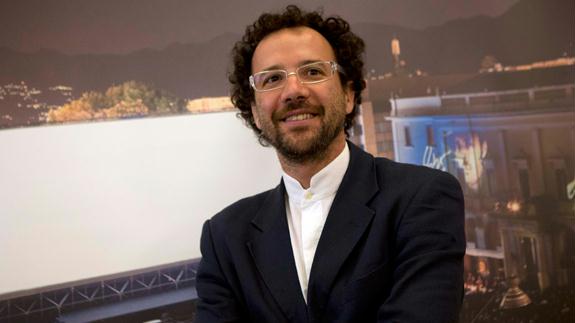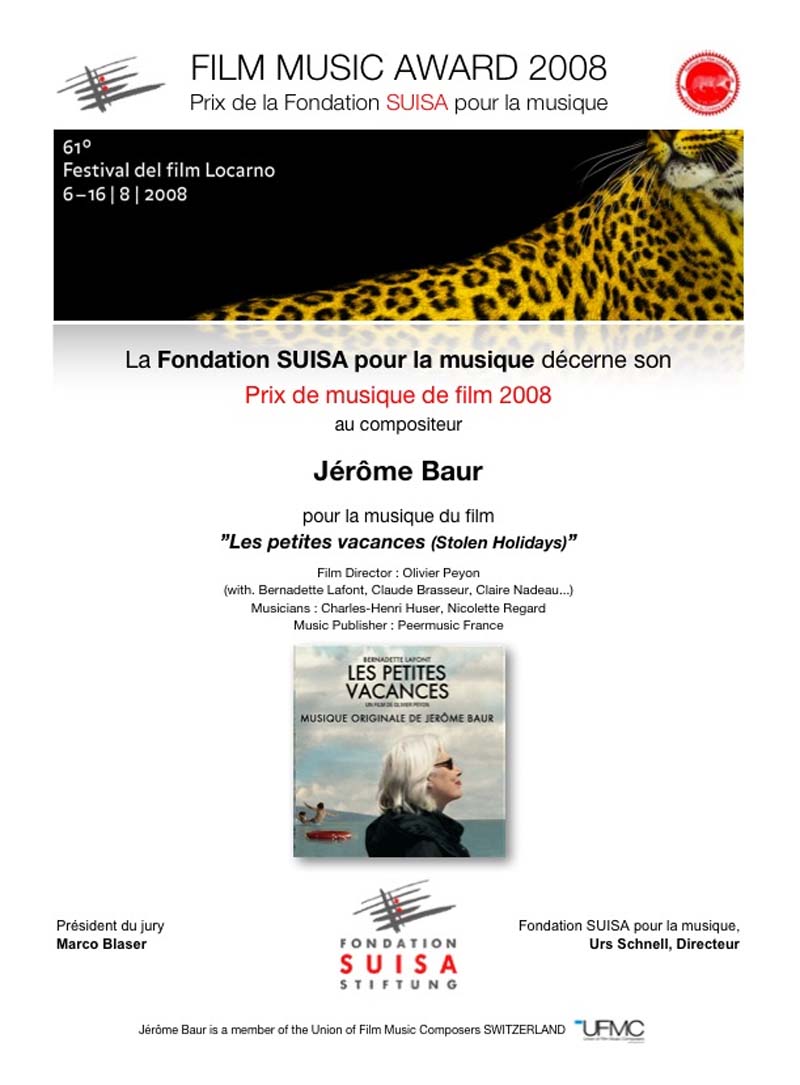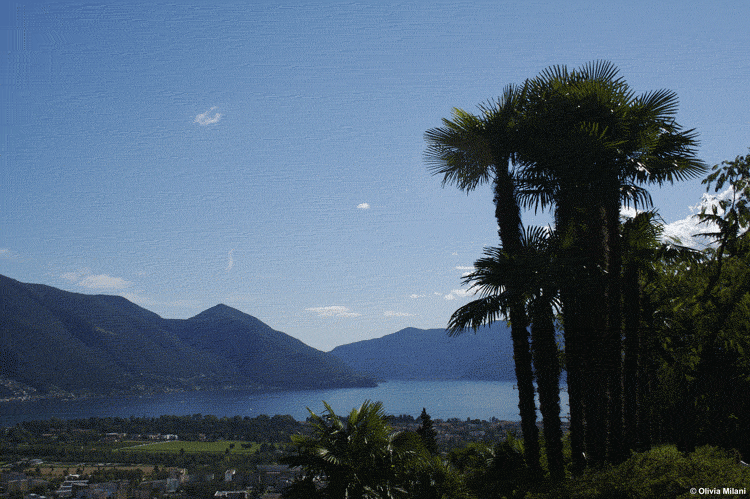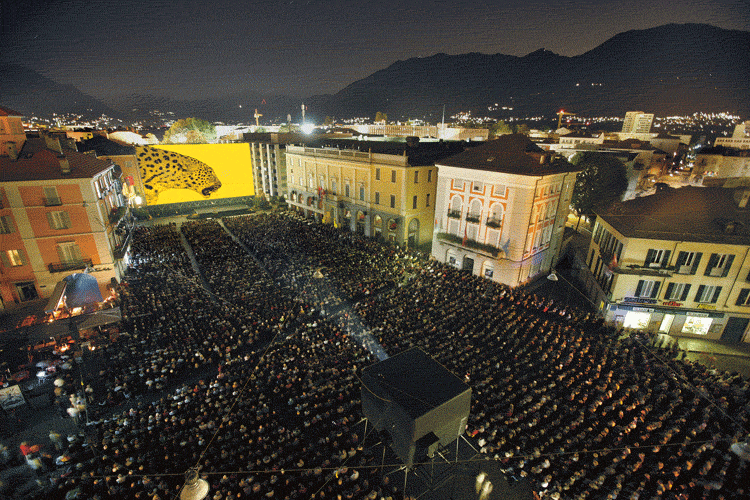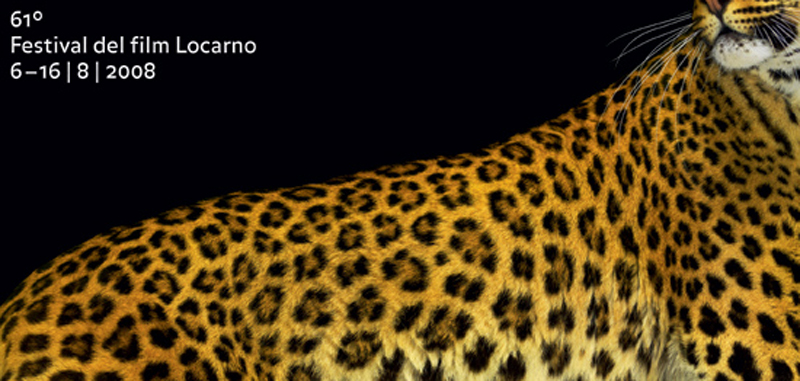|
|
||
|
Pro Tools
FILMFESTIVALS | 24/7 world wide coverageWelcome ! Enjoy the best of both worlds: Film & Festival News, exploring the best of the film festivals community. Launched in 1995, relentlessly connecting films to festivals, documenting and promoting festivals worldwide. Working on an upgrade soon. For collaboration, editorial contributions, or publicity, please send us an email here. User login |
Interview with Ken Loach Piazza Grande – I, Daniel Blake
 Foto di Alessio Pizzicannella
Ken Loach, welcome back to Locarno. What is your fondest memory of Piazza Grande, where you were awarded with the Pardo d'onore in 2003? My overriding memory is the enormity of the screen and the audience, the warmth of its response. I can't think a more impressive size to show a film. It's a spectacular setting that suits for some movies more than others, maybe. The film we are showing this time is quite domestic, it is not on a grand scale. So I hope it works in such a big space.
If you should give a piece of advice to the audience coming tonight to Piazza Grande to enjoy I, Daniel Blake... What would it be? I just hope that they will enjoy meeting the people of the film, that they understand the situation. I guess they will probably know – if not themselves – other people in similar situation. And in the end, to reflect on if this is the way we want the world be, or if another world is possible.
What made you choose Dave Johns as your main character? The main character in the film is about 60 and a working class man. He is friendly, a good craftsman with a good sense of humour, coming from the North-East of England, which is a very specific place with a very specific language... We were looking for someone like that, we saw many people but finally we chose him.
The most part of your movies are set in the UK. Is it so because this is the reality you know better or it is why you wanted to give something back to your heritage and to your country? I think it is just trying to understand what's happening and how the world is. Finding stories that reveal something, and not just on the surface level. And also, putting people on the screen who are real people, show the drama of their everyday lives.
Is cinema still a powerful medium to do that? Techniques certainly changed with digital, cameras, Internet and the ways of showing films, with streaming, TV... But the essence of the medium – that means images and sound – is always the same: making something happen. That's it.
Your son Him is a director. Have you ever given him any pieces of advice about directing? He gives advice to me! (he laughs) But I tried to keep him away from the business because, you know, it is insecure. A lot of people spend many years trying to get a film made.
In so many years of career you answered thousands of questions. Is there one nobody did it to you? Oh, I can't say... It is always fun to talk about football, but it is something different from cinema.
No, but it is fine. Let's talk about football. What is your favorite team? Bath City Football Club, in the West of England where I live.
In which league are they playing? It is... the sixth one down. What is nice about supporting a team in the lower leagues is that there is no big money involved, people play for passion of playing. You can walk around the ground, you can stand, if you want to... They play like everyday people, you can meet them in the bar for a drink. It is really friendly, good for families.
Do you think that a situation like going to the stadium can be a source for your stories? Well, it is. I think it is just being involved in the world where the stories come from: reading the papers, watching the news, meeting people. Above all, meeting people. I need a connection to the world, I could not work in isolation.
One of the strong points of the film we are screening tonight, as always in your works, is the direction of actors, often rather unknown. How do you help them to acquaint? Oh, well, you can talk a lot about that. But it is mainly about making people feel confident. It is like football again, you have to work as a team. No one is more important than anyone else.
What's your position on the field, then? Are you the manager or you're playing? I don't know! (he laughs) The one carrying the sponge around and around, putting water on the wound. No, I think that I have to make everyone comfortable, feeling that they are creative and let them bring their energy. There has to be sense of humour, people feeling that if they are making a mistake, no one will complain.
Do you think that society is more wounded that in the past? I think that society is more than wounded: it is collapsing. I think that the economic system is destroying people, destroying their lives. And I think that soon, within two or three generations, the world may not survive. We are reaching a critical stage: the environment cannot endure this level of production. And yet, the madness continues.
What can we do? We need social and political change. Democratic control. Production for need, not for profit. Taking care of world resources. Give everyone a life made of dignity and security. And escape the tyranny of big corporations, exploiting the market. It is massive. But I won't be there, it is up to younger generations: they have to make the change. Mattia Bertoldi 12.08.2016 | Locarno Dailies's blog Cat. : PEOPLE
|
LinksThe Bulletin Board > The Bulletin Board Blog Following News Interview with EFM (Berlin) Director
Interview with IFTA Chairman (AFM)
Interview with Cannes Marche du Film Director
Filmfestivals.com dailies live coverage from > Live from India
Useful links for the indies: > Big files transfer
+ SUBSCRIBE to the weekly Newsletter Deals+ Special offers and discounts from filmfestivals.com Selected fun offers
> Bonus Casino
User imagesAbout Locarno DailiesThe EditorUser contributionsUser links |



















